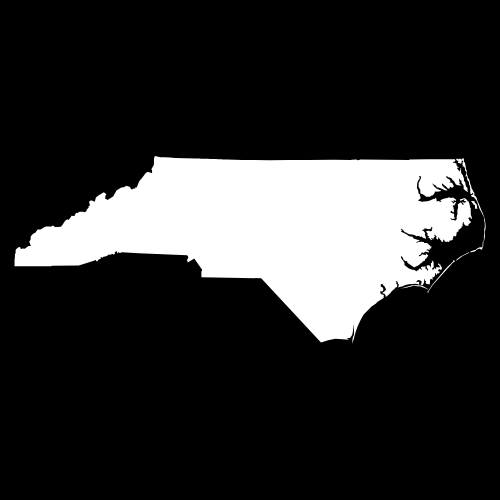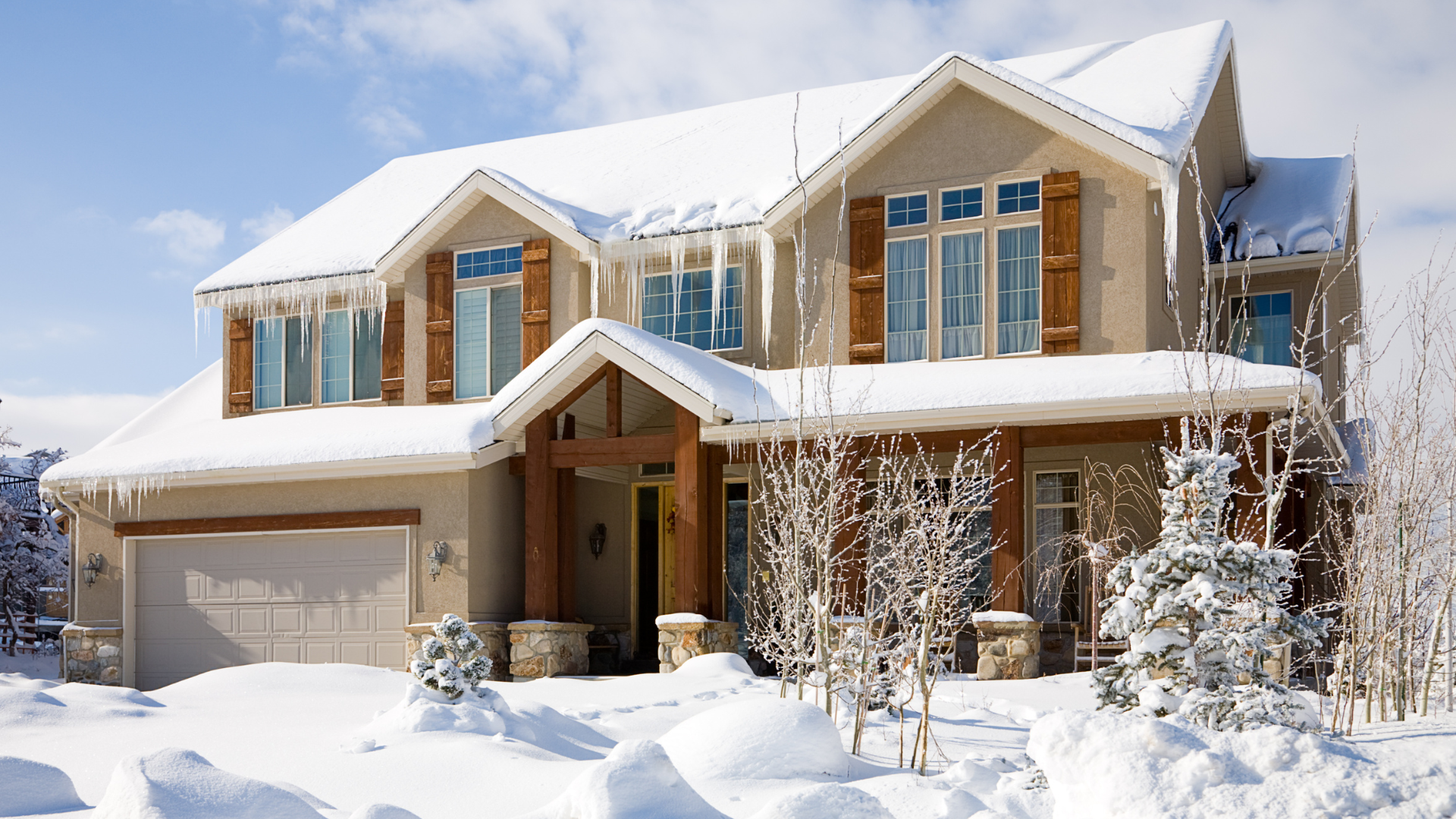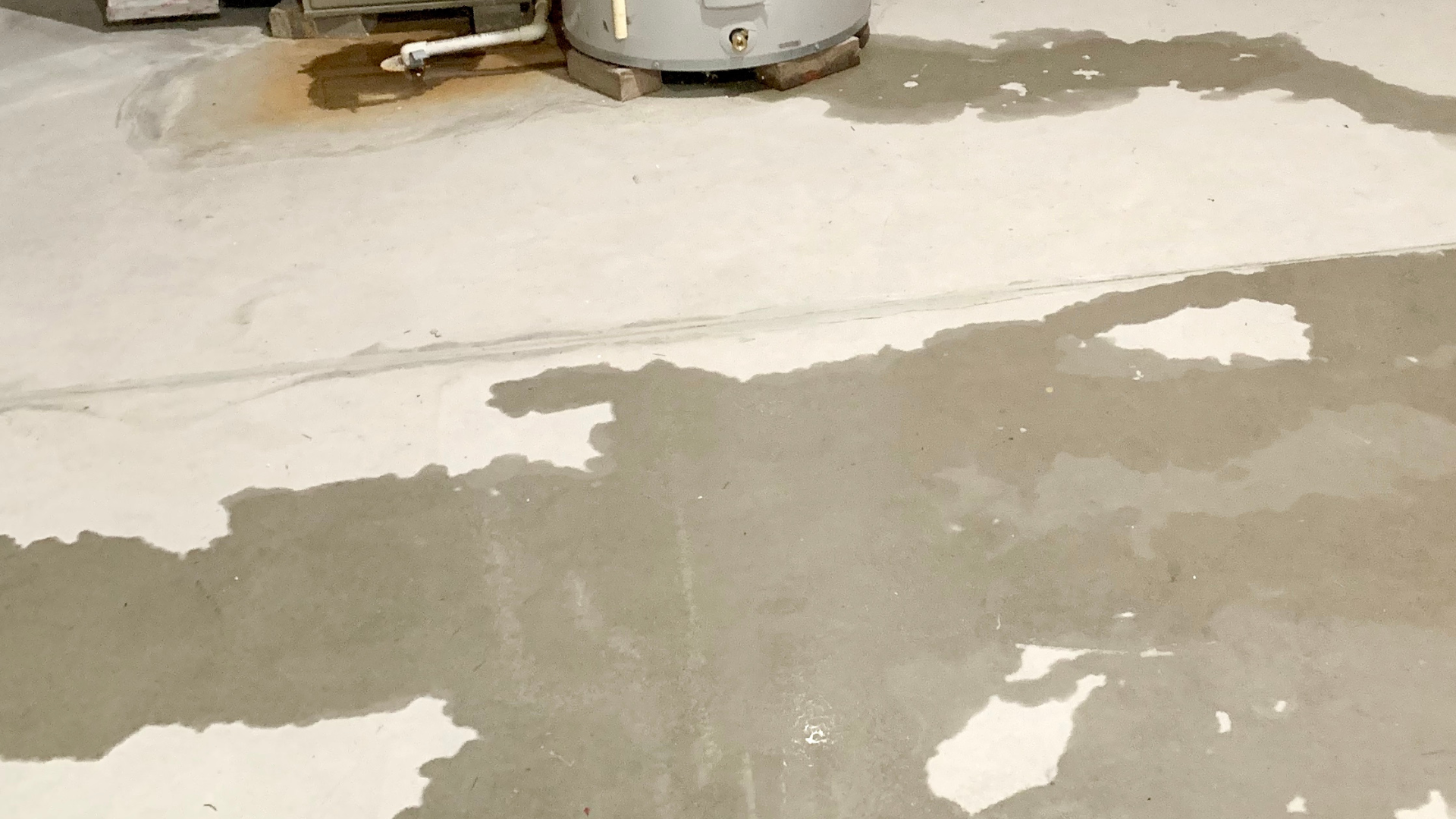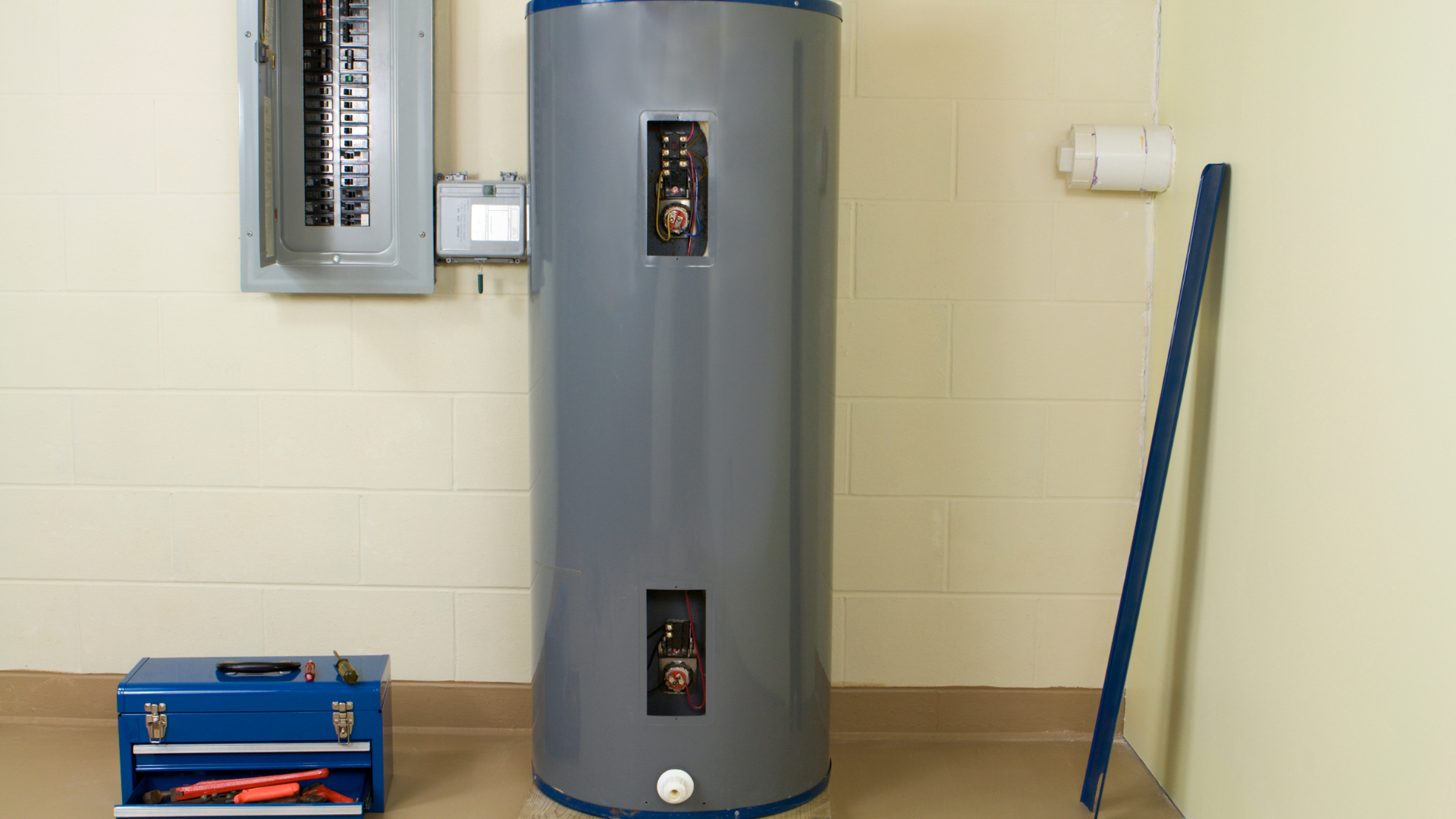North Carolina
Your North Carolina Home Project: Understanding Licensing, Sales Tax, and Verification

Embarking on a home improvement project in North Carolina requires careful attention to contractor licensing and how sales tax applies. North Carolina has distinct regulations for general contractors and specific trades, with project size often dictating licensing requirements. Understanding these nuances is crucial for a smooth and compliant home project.
Contractor Licensing in North Carolina: State Boards for General & Trades
North Carolina has a robust licensing system, primarily managed by dedicated state boards.
NC Licensing Board for General Contractors (NCLBGC):
- Required for projects $40,000 and over: Any person or business undertaking a general contracting project with a total value of $40,000 or more must be licensed by the NCLBGC. This includes most home building, remodeling, and significant repair work.
- License Classifications (based on project value):
- Limited License: For projects up to $750,000 (requires $17,000 working capital or $80,000 net worth, or a $175,000 surety bond).
- Intermediate License: For projects up to $1,500,000 (requires $75,000 working capital or a $500,000 surety bond).
- Unlimited License: For projects of any size (requires $150,000 working capital or a $1,000,000 surety bond).
- Requirements for an NCLBGC license generally include:
- Being at least 18 years old.
- Demonstrating good moral character.
- Meeting financial responsibility requirements (working capital, net worth, or surety bond).
- Passing the required examination (includes a business and law portion and a trade-specific portion, such as Building Contractor or Residential Contractor).
- Submitting a completed application with references.
- Completing annual continuing education (8 hours, including a 2-hour mandatory board-produced course).
- Note for smaller projects: For projects under $40,000, a general contractor's license is generally not required by the state. However, local municipalities may have their own registration or permitting requirements for smaller projects, and it's always wise to ensure your contractor is insured.
NC State Board of Examiners of Electrical Contractors:
- Licenses all individuals and companies performing electrical contracting work in North Carolina.
- Licenses include Limited, Intermediate, and Unlimited classifications, based on project value and complexity.
- Requires specific experience hours and passing comprehensive examinations based on the National Electrical Code and NC laws.
NC State Board of Examiners of Plumbing, Heating, and Fire Sprinkler Contractors:
- Licenses individuals and companies performing plumbing, heating (HVAC), and fire sprinkler work in North Carolina.
- Licenses are issued in various "groups" (e.g., Heating Group 1, 2, or 3) and "classes" (Class I, Class II) depending on the type and scope of the heating/cooling system.
- Requires documented experience and passing specific examinations for each license type.
Key Takeaways for Homeowners:
- For major home additions or renovations ($40,000+), your general contractor must have an NCLBGC license suitable for the project's value.
- For any electrical, plumbing, or HVAC work, ensure the contractor holds the appropriate state-issued trade license from the respective board.
- Always check for local permits, as even licensed contractors must abide by municipal building codes.
Sales Tax on Home Service Projects in North Carolina
North Carolina has a state sales and use tax rate of 4.75%. Most counties levy an additional local sales tax (typically 2% or 2.25%), resulting in combined rates of 6.75% or 7% in most areas.
How sales tax generally applies to home service projects in North Carolina can be complex, as contractors can be considered either consumers or retailers depending on the project type:
- Real Property Contracts for Capital Improvements (Most Home Renovation/Construction):
- For projects that permanently alter or improve real property (e.g., new construction, reconstruction, remodeling, installing new roofing, siding, plumbing, electrical, HVAC systems, painting, landscaping that becomes permanently affixed), North Carolina considers the contractor to be the "consumer" of the materials.
- This means the contractor pays sales or use tax to their suppliers on all materials, supplies, and fixtures purchased for the project.
- Therefore, the contractor DOES NOT typically charge you, the homeowner, sales tax on the total contract price (which includes both materials and labor) for the completed capital improvement. The sales tax on materials is already paid by the contractor and built into their overall project cost.
- Contractors are often required to obtain a Form E-589CI, Affidavit of Capital Improvement, from the property owner or general contractor to document that the work qualifies as a capital improvement.
- Repair, Maintenance, and Installation (RMI) Services (Taxable to Customer):
- If a service does not qualify as a capital improvement but is considered a "repair, maintenance, or installation service" (as defined by N.C. General Statute 105-164.3(225)), then the contractor is generally considered a "retailer" for these services.
- In these cases, the contractor MUST collect sales tax from you, the homeowner, on the entire charge (both labor and any tangible personal property transferred) for the RMI service. Examples include installing easily removable carpeting, minor repairs that don't permanently change the property, or certain services to install personal property not permanently affixed.
- Contractors performing RMI services can purchase materials for resale using a resale certificate.
It is critical to have a detailed, written contract that clearly defines the scope of work and how sales tax is applied. For complex projects, it's advisable to consult with the North Carolina Department of Revenue or a tax professional.
How to Verify Licensing in North Carolina
Verifying a home service contractor's licenses in North Carolina requires checking the appropriate state boards.
North Carolina Licensing Board for General Contractors (NCLBGC) - License Search:
- This is the primary tool for verifying general contractor licenses for projects valued at $40,000 or more.
- You can search by license number, business name, or individual name. The search will show the license status (active, inactive, suspended, revoked), license classification (Limited, Intermediate, Unlimited), and any disciplinary actions.
- NCLBGC License Search: https://nclbgc.org/license-lookup/ (or search "NC General Contractor license lookup")
NC State Board of Examiners of Electrical Contractors - License Search:
- Use this for verifying electrical contractor licenses.
- You can search by license number, name, or company. The lookup provides license status, type, and disciplinary information.
- NC Electrical Board License Search: https://www.ncbeec.org/search-for-a-license/ (or search "NC electrical license lookup")
NC State Board of Examiners of Plumbing, Heating, and Fire Sprinkler Contractors - License Search:
- Use this for verifying plumbing and HVAC contractor licenses.
- Their website typically offers a license lookup tool where you can search by name or license number to confirm status and license type.
- NC Plumbing, Heating, and Fire Sprinkler Contractors License Search: https://nclicensing.org/license-search/ (or search "NC plumbing HVAC license lookup")
North Carolina Secretary of State - Business Registration Search:
- Any legitimate business operating in North Carolina should be registered with the NC Secretary of State. This confirms their legal existence.
- NC SOS Business Search: https://www.sosnc.gov/search/index (or search "NC Secretary of State business search")
Proof of Insurance:
- While state boards verify some insurance, always request a Certificate of Insurance (COI) directly from the contractor's insurance provider. This document will detail their specific coverage limits for general liability and, if they have employees, workers' compensation insurance, confirming they are active.
Local City/County Building Departments:
- Regardless of state licensing, always contact your local city or county building department to inquire about specific local permitting requirements for your project. They can confirm what permits are needed and if the contractor is authorized to work in their jurisdiction.
By thoroughly performing these verification steps, you can significantly reduce your risk and ensure you're working with a legitimate and qualified professional for your North Carolina home project.
Sources and Resources:
- North Carolina Licensing Board for General Contractors (NCLBGC):
- Official Website: https://nclbgc.org/
- License Lookup: https://nclbgc.org/license-lookup/
- FAQs and Licensing Requirements: https://nclbgc.org/frequently-asked-questions/
- NC State Board of Examiners of Electrical Contractors:
- Official Website: https://www.ncbeec.org/
- License Search: https://www.ncbeec.org/search-for-a-license/
- NC State Board of Examiners of Plumbing, Heating, and Fire Sprinkler Contractors:
- Official Website: https://nclicensing.org/
- License Search: https://nclicensing.org/license-search/
- North Carolina Department of Revenue (NCDOR):
- Official Website: https://www.ncdor.gov/
- Sales and Use Tax Information on Real Property Contracts: https://www.ncdor.gov/taxes-forms/sales-and-use-tax/real-property-contracts
- North Carolina Secretary of State:
- Business Registration Search: https://www.sosnc.gov/search/index
- NC Department of Justice - Home Improvement Consumer Tips:
- https://ncdoj.gov/protecting-consumers/home-repair-and-products/home-improvement/
Click Another Article to Read More










